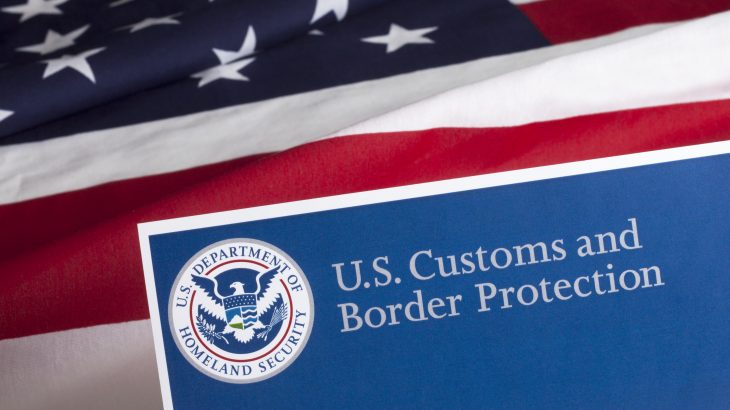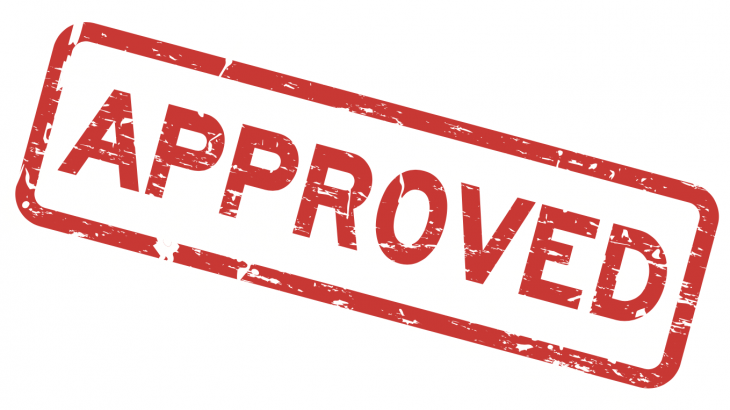By David Cantor Global Director of Client Relations
It is notably a difficult time for anyone needing to travel to the United States. Whether it is for purposes of business, family or leisure – travel restrictions are still in effect for the United States through December 31, 2020 as a result of the Presidential Proclamation.
In recent months, various US Embassies and Consulates have issued formal reports on the commencement of adjudicating select visa-applications, conducting interviews and granted travel permission to those who fall within the National Interest Exemption.
The National Interest Exemption (NIE), effectively permits individuals from the UK and Schengen Region to travel to the United States – the most common applicants being Students (F1 and M1 visa holders), Researchers (J1 Visa), Investors (E2) and those who need to attend to urgent, temporary, business matters (B1 or ESTA).
In order to determine whether you qualify for the National Interest Exemption it is necessary to submit a request to the respective US Consulate.
Navigating these requirements can prove challenging, since there is no uniform policy for the re-opening of US Consulates. For instance, the US Consulate in Rome is now welcoming E-2 Treaty Investor Visa applications, while the US Embassy in London does not expressly mention this on the State Department website.
The same goes for other US Consulates throughout the Schengen Region, and we suggest you further consult an attorney to determine visa-processing viability and NIE procedures through the respective Consulate.
What remains clear, is that waiting periods and additional processing delays are likely accumulating. For example, the United States Embassy in London was previously adjudicating E-2 Investor Visas within a 30-45 day window – while, cases filed in March and April remain pending and the earliest interviews that are being granted is August 2021.
That said, for qualified applicants you are generally able to make expedited requests and obtain Consular appointments in a much shorter period of time. However, you still need to fully-understand the processing requirements for the National Interest Exemption, as it varies from Consulate to Consulate.
The global response to Covid-19 is unprecedented. The United States has imposed restrictions on visits from a swathe of countries and regions in an attempt to limit the outbreak. Nevertheless, if you are considering a US visa application, we recommend starting the process. It takes time to prepare and L-1 and and E-2 visa application, so this uncertain time can still be used effectively.
The E-2 Treaty Investor Visa allows a person to move to the United States with their family for the purpose of own and operating a business. Spouses are eligible to apply for work authorization outside the E-2 business. Applicants must be a citizen of an E-2 Treaty Country. Click here to find out if your country is on the list.
If your country is not on the list, it is necessary to first become a citizen of an E-2 Treaty Country. Davies & Associates is able to package together citizenship by investment (CBI) of Grenada or Turkey with an E-2 visa application. Find out more about the process here.
The L-1 Visa allows for the transfer of a manager or executive from the overseas branch to the US branch of the same company. This visa can also be used as part of setting up a new US presence. Davies & Associates can help you set up the US office before transferring an employee there to manage that business.
The Schengen area refers to 26 European countries that have abolished their internal borders. This includes much of the European Union excluding the United Kingdom, Ireland, and recent joiners. It also includes Iceland, Liechtenstein, Switzerland and Norway.
Contact Us to discuss your case.
This article is published for clients, friends and other interested visitors for information purposes only. The contents of the article do not constitute legal advice and do not necessarily reflect the opinions of Davies & Associates or any of its attorneys, staff or clients. External links are not an endorsement of the content.



























